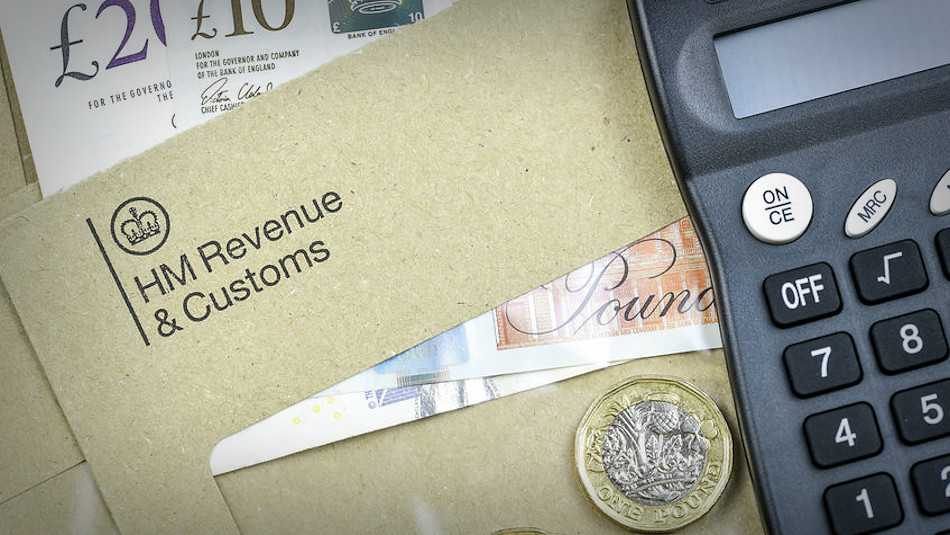
Do You Know What The Self-Assessment Penalties Are? |
Always file and pay on-time ... |
POSTED BY ROGER EDDOWES ON 25/02/2019 @ 8:00AM
February is a busy time for HMRC. Based on prior years, they'll probably issue at least one million self-assessment penalties ...
File your tax return late or pay what you owe late and you'll receive a self-assessment penalty!
This is why I always feel it's important to be ahead of the game when advising clients who haven't met their filing obligations and to also help them address disputes with HMRC directly.
"There are two types of penalties: one for late filing and
the other for late payment!"
If you file late, an immediate penalty of £100 is applied after the due date. This will be incurred even if there is no tax to pay, or you paid on time, but didn't get your paperwork in.
Further, there are daily penalties of £10 per day for returns that are more than 3 months overdue, which runs for a maximum of 90 days. And if your return is still outstanding after 6 months, you'll get an automatic penalty of 5% of the tax due or £300, whichever is greater.
If you don't file for 12 months then you'll be getting a further 5% (or £300) penalty and you could be the unlucky recipient of a 70% (of the tax due) penalty, especially if you have withheld information from HMRC, increasing to a 100% penalty if you did it deliberately.
Late payment penalties are as follows:
5% of the amount of tax unpaid 30 days after the payment due date
a further 5% of any amounts of tax still unpaid at six months
and another 5% of any amounts of tax still unpaid at 12 months
HMRC can suspend late payment penalties where the taxpayer agrees a 'time to pay' arrangement and the tax is paid fully over the space of a few months.
Penalties can always be avoided if the taxpayer has a good reason for not filing or paying. A reasonable excuse would be if the taxpayer was suffering from a serious illness which prevented them from managing their affairs.
HMRC allows for several other reasonable excuses:
when the deadline was not met because the taxpayer did not receive the return
where the return was posted in good time, but the postal service was disrupted and it was delivered to HMRC late
if the taxpayer or their agent lost his records as a result of fire, flood or theft
a close relative or domestic partner died shortly before the deadline
a close relative or domestic partner had a serious illness shortly before the deadline
Where the taxpayer is in prison
It should be noted that there are some situations that HMRC will not accept as a reasonable excuse. Examples of these are:
the return is too difficult to complete
pressure of work
failure by the taxpayer's agent
lack of information to complete
the absence of reminders from HMRC
The onus is always on the taxpayer to provide enough detail to HMRC to justify the reasonable excuse, however, they will automatically issue penalties. If the taxpayer or their agent believes that a penalty is not applicable, they have to appeal. There may be one or a number of reasons that are relevant.
Although HMRC is usually quite understanding these days, if they don't agree with your excuses then they won't remove the penalty and you'll have to go to a first-tier tribunal and state your case. This also means that a tax return must be filed as soon as possible and the default must be cleared.
"Would you like to know more?"
If you'd like to find out more about self-assessment penalties then do give me a call on 01908 774320 or click here to ping me an email and let's see how I can help you.

Until next time ...

ROGER EDDOWES
Join our mailing list! Click here and be one of the first to know when we publish a new blog post!
Leave a comment ... |
More about Roger Eddowes ... | ||
|